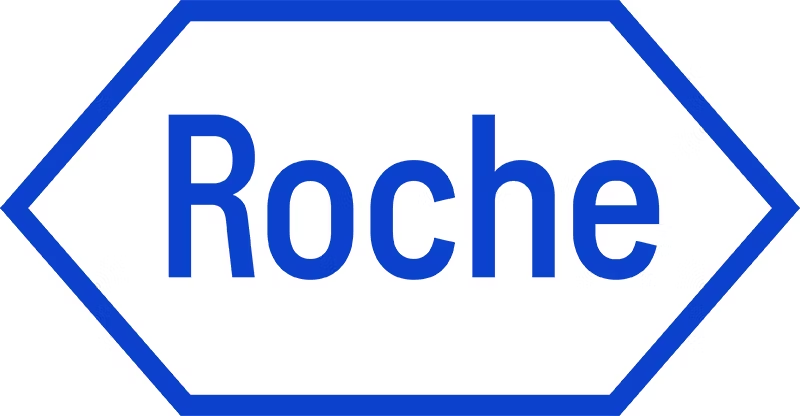
Allergy & Asthma Network
- Patient Organizations



The NHC is a stakeholder-informed, patient-focused organization that forges consensus among diverse organizations and drives patient-centered health policy.
It is the diversity of our more than 170 members that enables us to create a collaborative environment and put forward consensus public policy solutions that keep the patient central to all we do.
The NHC delivers a wide range of member services, including meetings and conferences, action teams, affinity groups, webinars, and projects to engage with us and network with each other.
Patient organization members meet the NHC Standards of Excellence®, demonstrating the highest degree of accountability and transparency.
This summer, the National Health Council (NHC) Board of Directors approved new membership categories clarifying and reducing the categories from 5 to 3. Over the next few months, the NHC will begin transitioning to these new categories. This page will be updated in January 2024 to reflect the new categories. The following are brief descriptions of the updated member categories. Click here to see what new category your organization falls under.
Patient Organizations (previously known as Voluntary Health Agencies)
Patient Organizations (POs) are comprised of individuals who live with chronic disease(s) and/or disability(ies) and their family caregivers. They engage in an array of direct-service programs, which can include membership, support, advocacy, education, and research. Organizations in this category focus on specific patient and caregiver communities, are established as a tax-exempt nonprofit, and gain support for their mission from a wide range of the public.
Partners of Patient Organizations (previously known as Professional and Membership Associations and Nonprofit Organizations with an Interest in Health)
Partners of Patient Organization (PPOs) members may provide research, clinical, regulatory and/or policy expertise that impacts the health ecosystem in ways that are collaborative with patients and family caregivers managing chronic diseases and disabilities. Current organizations in this member category represent providers, researchers, and advocacy organizations with a broad focus on an underserved community and/or category of health consumers. Organizations in this category must be established as a tax-exempt nonprofit.
Business and Industry
Business and Industry (B&I) members share a focus on providing goods, services, and knowledge that are disseminated through the health ecosystem to aid in the treatment and management of chronic conditions and disabilities. Also included in this category are nonprofit associations that represent the business interests of certain sectors within the health ecosystem.







































































































































































































































































































































































